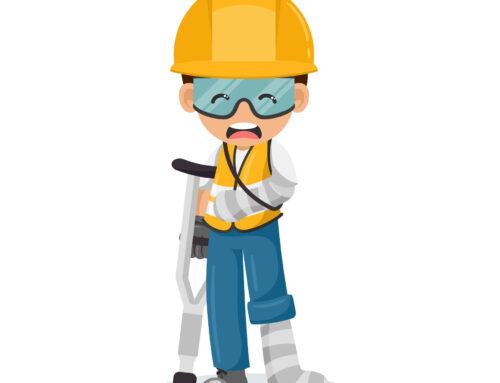Quitting over Poor Working Conditions
Shawnee Love •
February 14, 2014
Poor working conditions have the most obvious remedies of the 4 main themes behind employee resignations.
But before I get to the fixes, let’s start with examples of poor working conditions in Canada:
- Repeatedly finding mistakes in pay (over deducting, under paying, etc.)
- Dirty, crowded, poorly maintained (even unsafe) work areas
- Poor shifts
- Too much overtime
- Pay is too low
- Dangerous work
As mentioned, these are all relatively easy to fix with effort and commitment to improvement:
Pay mistakes: Diagnose the reason(s) for mistakes and implement appropriate solutions which may include implementing procedures, training for managers and payroll people, or even outsourcing payroll.
Dirty, crowded, unsafe work area: I am afraid I am a tough cookie on this front. If you want people to take pride, you need to model it. So turn a critical eye to those holes, breaks, leaks, and squeaks. Clean, paint, and repair. Fix the A/C or heating. Reorganize and put away. Shred and take away. Box up and put into storage. Provide bins, shelves, hangers, etc. to ensure things are picked up and put away. Take steps to make the place clean, comfortable and safe. Just get ‘er done.
Poor shifts & too much overtime: Although separate issues, the solution is the same. The trick is to hire people who like the shift you offer. Someone who wants full time will hate a break in their day. On the other hand, a break in the day can be perfect for someone in school or who enjoys volunteering. Short shifts are an anathema to some and to others they fit into their schedule and/or fit their capabilities. Similarly, people who need the money usually want to work more but someone who coaches or has childcare or eldercare commitments won’t. Hire wisely.
Low pay: When an employee feels underpaid, I want to know why. The answer will guide your approach:
- If they feel underpaid because they work long hours but only get paid for 40, you might need to rethink your pay rate or your practices.
- If they are underpaid because they could move to Alberta and make $30/hr, we discuss what fair market pay is for our area. And I often encourage them to go if Alberta is where their heart is.
- If they tell me that they are underpaid because they could make more money next door, I go out to market to find out if my pay rates are lagging and I will revise my rates if needed.
- If they tell me they are underpaid because the guy sitting next to them makes more, I look at pay internally to ensure our practices are fair and equitable, but I also discuss that individual pay contemplates more than just the work being done at any given time.
Unsafe work: I am assuming you meet health and safety standards and provide / require appropriate personal protective gear. If you aren’t there yet, start with your friendly provincial Health & Safety agency’s website and get up to code. Assuming you meet code, and it is the work which is just by its nature unsafe (e.g., nurses get hit by patients with diseases that make them aggressive, fallers cut down trees they are attached to, fire fighters run into fires, truck drivers are on highways with bad drivers and unpredictable road conditions), then it is time to ask the employee whether they have made the right career choice. Some jobs are more dangerous than others. If your employee is afraid of the work, he is doing you a favour by quitting.
We hope you come back next week when we talk about fixing a “bad culture”.





